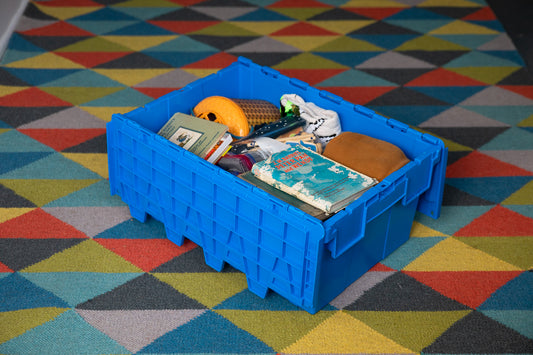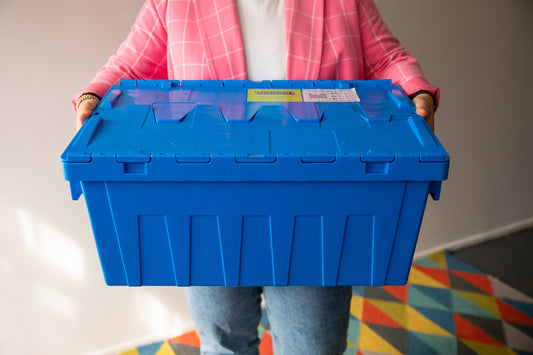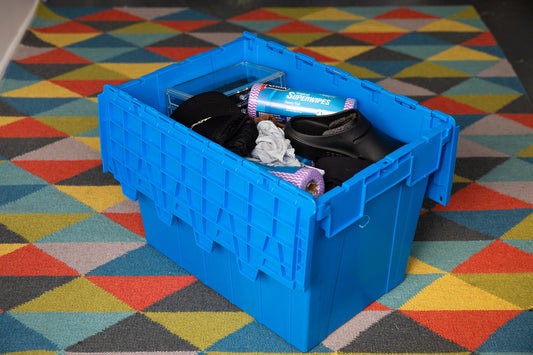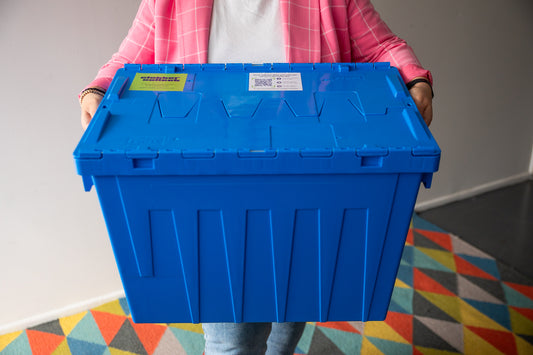School holidays are coming – start planning your decluttering activities now!
With school holidays less than one month away, I am keeping my eyes peeled for a range of activities our family can enjoy that will keep the dreaded holiday boredom at bay. Something that probably won’t be on the usual lists of “Auckland school holiday activities” is decluttering, but perhaps it should be!
I’ve been a professional organiser for more than 5 years, and in that time, I’ve worked on plenty of kids’ decluttering projects, partnering up with both parents and kids to create fun, play-friendly and less cluttered bedrooms and playrooms. Combine my professional experience with my personal life as mum to a growing boy, and I feel uniquely qualified to offer suggestions when it comes to decluttering with kids.
I’ve written a three-part series to share some of those suggestions. If you’re feeling stressed out by kids’ clutter in your home, tuck the following tips into your school holiday toolkit.
Part 1: Agree the rules of engagement, and lower your expectations
Before you plonk an empty Clutter Box on your kid’s bedroom floor, it’s a good idea to get on the same page with your shared decluttering goals. Consider the following questions, and then go through them with your child and agree the answers.
- What does “less cluttered” look like for both of you?
- How long will the session last for? (I’ll talk more about this in Part 3, so make sure you come back to read that one!)
- Who will take responsibility for making the final decision on what stays and goes?*
- Is this a team effort, or a mission best undertaken solo?
- What will make it feel fun, without distractions? Music? Audiobook? Company? Friendly competition?
- Is there an incentive up for grabs? If so, what needs to be achieved in order to receive it?
- How will you deal with distractions like devices?
*Most of the above are fairly self-explanatory, but I would like to make an extra suggestion regarding this particular point. If you ask your child to take responsibility for decluttering their belongings, please follow through and honour their decisions. Asking if they're sure, or "checking their work" when they haven't asked you to will undermine their confidence, and could potentially start a longstanding aversion to letting things go. If you're not sure that their decision-making will be sound, be clear about that up front. For example: "you choose the things you don't want in your room any more, and I will take responsibility for deciding if we donate them, or store them safely for sentimental reasons somewhere other than in your bedroom".
Once you've covered off all of the questions above, be specific with the agreement. Some kids are astounding negotiators and will find any loophole you leave here!
Here are some suggestions:
- At the end of the 45 minute session, we agree that the Bakugan, Pokemon and Bey Blades collections will be reduced. Anything broken can go into the bin, anything that I just don’t like any more can go into the donation pile. Once 45 minutes is over and your room is left tidy, you can have an extra 30 minutes of device time.
- At the end of the 30 minute session, we agree that I will have chosen 6 cuddly toys that I no longer play with, and put them into the donation pile. Once you've chosen 6 cuddly toys that can be donated, we can play a game of Monopoly.
It's time to lower your expectations!
Now that you and your child agree on what a successful decluttering session looks like, I recommend managing your own expectations. If you think your child will independently achieve a minimalist bedroom in a relatively short amount of time, I gently suggest you think again. Thoroughly decluttering a bedroom takes hours – it can be physically, emotionally and mentally draining. Remember the agreement you made earlier and what needed to be achieved in order to receive the incentive. Don’t get too picky here; if they’ve got to the end of the agreed time, and there are some items in the Clutter Box, that’s absolutely a win.
Decluttering brings up feelings of dread in plenty of adults, but it’s a critical life skill and you can help your child develop it now. Even if their room doesn’t look like something out of Home and Garden magazine, celebrate their giving it a go, praise them for their efforts and uphold your end of the bargain … come through with that incentive! Trust that by not making this an utterly unpleasant chore, you are helping them build a decluttering muscle that will serve them for their whole life. They might even volunteer another round of decluttering in the next school holidays!
The whole bog series is now live and you can read them here:







